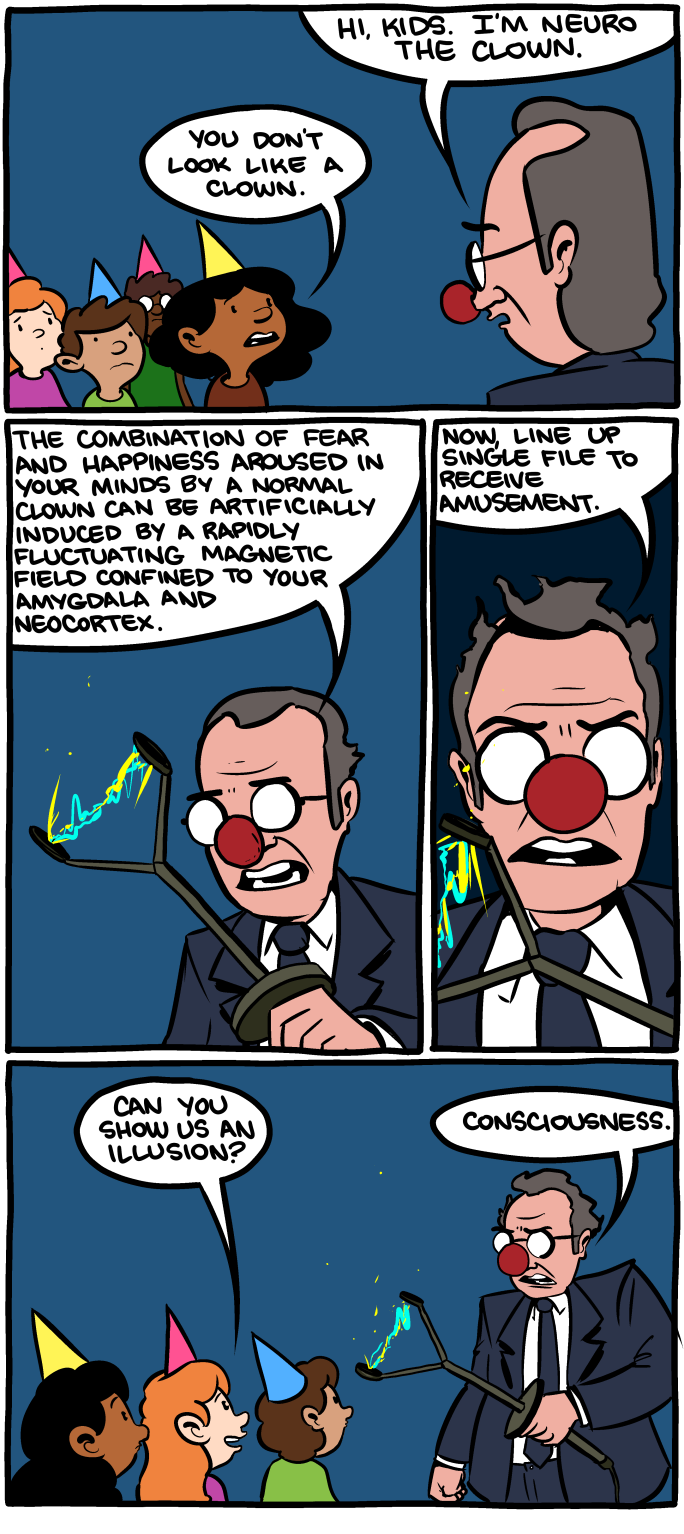by Leanne Ogasawara
 The other day, my beloved and I were wandering around Best Buy looking for refill cartridges for his scanner pen.
The other day, my beloved and I were wandering around Best Buy looking for refill cartridges for his scanner pen.
Walking in vain up and down the aisles, I thought how we are indeed living in an age when consumerism has replaced citizenship. It was somehow really disheartening seeing all the "stuff."
But then, just as I was going to lodge a complaint, something amazing caught my eye...A McIntosh sound system with exposed tubes on display right in front of my eyes!! Is it possible, I wondered, that McIntosh somehow stayed in business and are still putting old-style systems out? Not surprisingly given the ecstatic look on our faces a sales staff member invited us to try out the system in their special sound room. And there as we sat in the sweet spot listening to Diamonds on the Soles of her Shoes felt the soundwaves washing over us.
Nostalgically, I recalled how music used to be something you could feel in your tummy--something that traveled on the air making its way to your ears... My beloved probably would have preferred listening to Mozart on that sound system --but for me, I was transported back to Southern Africa, when a neighbor in Mafeteng used to listen at night to that album on an old record. It was in the early 90s and the sound really traveled...Music was such a part of everyday life there and what was not live singing and playing was on records and old casette tapes.
Uncompressed and amplified.
This all reminded me of a great show Robert Harrison did for entitled opinions with fellow Stanford professor Gabriella Safron on the history of listening."Generalizations are always problematic," he said, "but there is one generalization you can make about western civilization that won't get you into any trouble. And that is that Western civilization is one that thorougly philoscopic." That is to say that Western culture from very ancient times has priledged vision over the other senses. There is no question about this; from Plato's Ideal forms (eidos: visible aspect) to a Proustian vision, it was spiritual vision (and rational in-sights) that were thought to be the means to knowledge.
Harrison mentions being amazed at the way our video technology progresses constantly--while that of our audio continues to degenerate. This is also something that is unquestionably true. When I returned permently to California after twenty years, one of the many things that surprised me was how sound systems seemed to have disappeared. In Japan, we continued with a sound system and most of our friends has stereos. It was rare to listen to radically compressed digital music. Based on my own experience at least, I would say that Harrison is correct that while video technology has progressed in stunning ways, over those same two decades since I've been away our sound techology probably has degenerated. At least that is how it felt for me sitting at Best Buy--since the experience was one of pleasurable nostalgia.
The show on listening is fascinating and I highly recommend it. After discussing ancient Greek philosophy (vision) and the Hebew Bible (listening), Saffron discusses how difficult it is for us to even imagine a time when information was taken in mainly by sound. This was a world where there was a shared calendar too, and for example the liturgy was repeated every year like a clock and people let information sink in over time by listening over and over again. They discussed the way that ritual listening has all but disappeared from our modern lives.
Now, we prioritize new information and that is almost always taken in through independent reading. Saffron, who is a Slavic languages specialist, talks about the pleasure people must have in repeated listening. To hear something again and again. For Easter, she described the Orthodox tradition of greeting one another with the paschal greeting: Christ has risen, truly He is risen...
It is a kind of embodied knowledge and also an embodied know-how, and these are things that are inherently pleasurable (thinking of Csíkszentmihályi's work on Flow Experience). These shared and repeated experiences can-- by teaching us each to wait, as well as to beckon us to something beyond our own personal concerns and predilections-- give a shape to one's life and perhaps even impart a certain meaning.
+++
 I knew a man who a few years ago sat down under a Tree of Heaven in Northern Thailand and decided that he wanted to create a literary salon like the legendary one that had existed at the Heian Court in ancient Japan. A gathering place of aristocratic refinement, the aristocratic salon of the Heian court was a place where a small group of people devoted to the arts and other intellectual pursuits could come together and enjoy each other's company.
I knew a man who a few years ago sat down under a Tree of Heaven in Northern Thailand and decided that he wanted to create a literary salon like the legendary one that had existed at the Heian Court in ancient Japan. A gathering place of aristocratic refinement, the aristocratic salon of the Heian court was a place where a small group of people devoted to the arts and other intellectual pursuits could come together and enjoy each other's company.
This appealed to my friend immensely. In a word, I guess, he was looking for stimulating conversation, and he thought that the Internet could actually make that a reality.
Think about it, he urged: here at our fingertips we have a technology that can put us in touch with thousands-- literally thousands upon thousands-- of people. With such a technology, it should only be a matter of filtering-- to find just the right handful of people.
The Heian Court-- It was a world where the most brilliant minds of the time gathered. In clothing so beautiful it boggles the mind, they wiled away their days exchanging gorgeous love poems in clouds of sweet-smelling incense smoke and fragrant blossoming flowers. Playing games, they would attend banquets where dances from Central Asia-- slowed way, way down-- were performed by the light of the full moon, and in Chinese-style dragon boats they floated around ponds drinking warm sake and moon-viewing. It must have been like living within a cloud of fragrant incense clouds and blossoming flowers.
They were not only connoisseurs of the highest rank, but they were performers of the arts as well-- as, of course, at that time "art" was not something to be viewed, but rather something to be practiced.
Just imagining how exquisite their world was-- who wouldn't be "green with envy?"
Well, you can probably imagine how my friend's experiment went....
But, wait, perhaps you agree with my friend that surely the Internet could bring together a small group of such like-minded people? Think about it, though. What would a salon like he was envisioning really require?
Well, an Internet connection for one. And then an interest and commitment to talking about art or other intellectual matters perhaps?
While certainly that would be a great place to start, however, I cannot help but feel that like most every other conversation I see online, things would before long peter out. Politics will always generate heated discussion, but real intellectual community? Just taking the Heian court as an example, I think something more is required. And that something more is, I suggest, a shared literary and cultural background. I honestly cannot come up with anything else that would serve as the necessary framework for the kind of conversation my friend was looking for.
Not only would the shared background ensure that the cultural, artistic and psychological associations were being made that are the hallmark of a true salon, but it is perhaps the only real way to achieve elegant conversation of the kind he is talking about.
In that sense, I think we have lost much in our increasing drive toward specialization. Not that long ago, a university education perhaps at the very least included a cursory reading in Greek mythology or Latin; Roman history and Western philosophy. I remember once sitting in a bar with a group of Japanese colleagues and someone mentioned "summer nights"-- and that was it, as if on cue, they all chanted in perfect unison the famous opening lines written by the Lady herself, Sei Shonagon
Natsu wa yoru. In summer, it is the night. It is of course delightful when the moon is out, but no less so on dark nights when countless fireflies can be seen mingling in flight. One even feels charmed when just one or two pass by, giving off a gentle glow. Rainy nights, too, are delightful
夏は夜。月のころはさらなり。闇もなほ、ほたるの多く飛びちがひたる。また、ただ一つ二つなど、ほのかにうち光りて行くもをかし。雨など降るもをかし。
The words were a thousand years old. And, I thought, what line could a handful of random Americans repeat like that-- perhaps other than the Pledge of Allegiance?
And going back to Robert Harrison's Entitled Opinions show--for classical Japanese, a poem (uta) was written using the same character for "song"--since poems were meant to be sang, chanted, spoken or whispered....
New information was important to be sure, but what was always prioritized was shared motifs and internalized exemplars.
This brings me to my second point. Most traditional salon societies (like that at the Heian Court) had a strong emphasis on learning "by heart."
Westerners often disparage what they call "rote learning" but it does have a few merits. In fact, I would argue, that without this kind of "learning by heart," the shared cultural achievements of the salon would have been impossible-- because of course there was an undeniable emphasis on performing; for example, being able to reply with the perfect reference to an ancient poem, recognize the exact blend of aromatics, recall a historical precedent from the Continent, etc. These were all required abilities. And for better or worse, it is this that is one glaring difference between conversations in the blogosphere and what we read about in the Tale of Genji.
Memorization and learning by heart was, of course, always only the first stage.
Many never make it past this stage, sure, but, the internalization of knowledge ideally led to imaginative and creative conclusions. So that, for example, even today in Japan, the rules and conventions of writing calligraphy are rigorously taught. If a character is not written according to the rules, it is marked "wrong." This rule is upheld much further than elementary school. It is not, however, the end of the road. And, the same can be said of the traditional subjects as well-- in particular medicine, mathematics and philosophy: vast amounts of knowledge were bodily memorized taking years. This, however, was never the final goal. My calligraphy teacher used to tell us that the breaking of calligraphic rules are only beautiful or interesting in those people who have mastered the rules. Never the other way around.
This stress on internalization of exemplery models has a fundamentally different approach than modern styles of learning where knowledge is imparted systematically.
The Japanese philosopher I once worked with believed that modern Western model of systematized knowledge is based on a mind-body division (Descartes). Acording to this philosopher, in the pre-modern Japanese world, there was no division between mind and body in the language as "mi" and "karada" 身体 encompassed both mind and body. For that reason, he exaplained, traditional Japanese arts, like dancing and music, were taught by emulation. There was no breaking down of the whole into parts, not real systematization, but rather the pupil just copied over and over again the teachers example. It was, in fact, true bodily learning.
And it was this internalization of exemplary models and the repeated listening and speaking of shared knowledge that could lead to real wisdom through shared examples, texts and patterns.
A propos of all of this, a friend recently sent me Ames' introduction to the Art of War:
In contrast with its classical Greek counterpart where "knowing" assumes a mirroring correspondance between an idea and an objective world, this Chinese "knowing" is resolutely participatory and creative-- "tracing" in both the sense of etching a pattern and following it. To know is "to realize," "to make real." The path is not a "given," but is made in the treading of it. Thus, one's own actions are always a significant factor in the shaping of one's world.
I like this idea a lot of treading on a path as a way of knowing since it gets closer to a kind of Heideggerian (or Japanese philosophical ) notion of knowledge as understanding and fascination--not as efficient resource consumption or self-augmenting-- but rather as an embodied know-how and attunement to the "vibrations" of the world ~~~~~and the music of the spheres.
Can you dig it?
























